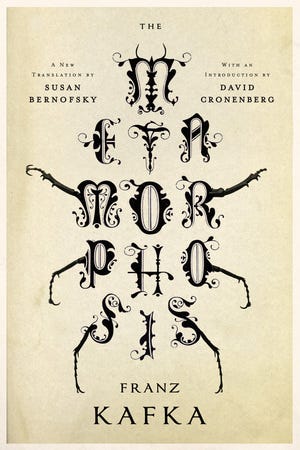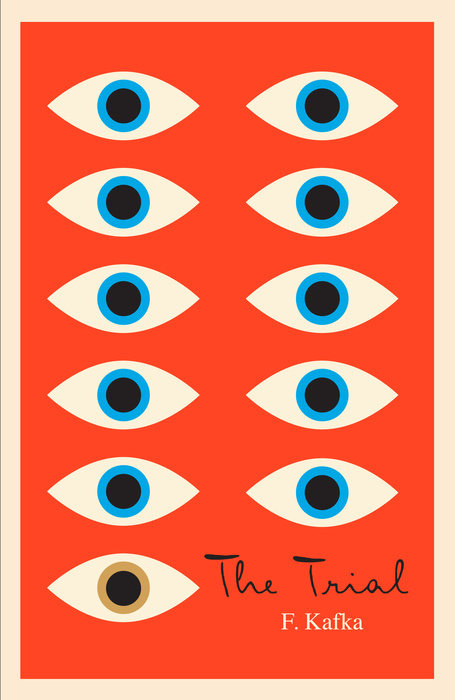Dirty word, purpose has become. Recently, I’ve been ruminating on its meaning: “the reason for which something is done or created or for which something exists.”1
I do and create things, but what are my reasons for doing so?
Like many, when I read and write under the sky of these darkening days, I find myself waiting for Godot.
I used to be patient enough to sit idly by. Read this. Write that. Repeat. Check my watch. Surely, reason will come along soon, right? Be patient. Eventually I will understand. By the end, I will have read and written what I wanted to all along.
Lately, I’m not so sure. As institutionalized cruelty metastasizes by the news hour, I often feel I should leave off waiting for Godot. I don’t want to read. I don’t want to write. My imagination can’t make sense of what’s happening outside of my mind. Creatively speaking, I’m frozen. I’ve resigned.
The existentialists would say I’m in a state of despair. Camus would diagnose me as a depressive. I don’t dispute the judgments; I embrace them.
I’ve been reading a bunch of stories about characters who, like me, question what the confusion swirling around us is all about. (My search has been a figurative and not a literal one, because that’s what I do.)
Of course, the first stops on my tour were Kafka. A return to these classic stories of estrangement feels all too current.
In “The Metamorphosis” (1915), I find Gregor Samsa’s inability to leave his room and resume a working life as a salesman relatable. We don’t all suddenly become insects, no, but perhaps we have all felt, at one time or another, like unwanted vermin. To be dehumanized by random circumstance is an experience most vile.
In The Trial (1914), I found Josef K’s inability to figure out why he’s being prosecuted by authorities terrifying. There is no mental comfort in realizing that the course of one’s liberty can be cut short by the unaccountable caprices of the powers that be. To be deprived of a clear explanation for one’s own suffering is a fate most cruel.
And in The Castle (1926), I found a true doppelgänger of despair, the land surveyor named K. He has been summoned to the castle for work. On the way there, he gets lost. He seems to have been called to action by someone, or some force, that can’t be found. So K. asks questions. Entertains diversions. He searches. But condemned to await orders from an authority who refuses to authorize his existence, K. never moves forward. Progress is always only and ever sideways. If there is a hell on earth, it is a place most Kafkaesque.
I don’t really understand what I’m seeking in Kafka — certainly not an affirmation that I’m on the right path! — but his blend of modern misery and absurdist humor comforts me.
Next, I turned to Melville’s “Bartleby, the Scrivener” (1853). This short story is about a document copyist who suddenly, just one day, can’t take it anymore. He goes to work, but he refuses to work. Doesn’t feel like it. Can’t be bothered. When his boss asks him to do something, anything of use, Bartleby replies, “I would prefer not to.” Over and over again.
Surely, like me, you devilishly dream of reciting Bartleby’s modest rally cry at your own to-do list. You wouldn’t dare utter Bartleby’s words aloud, of course, but you might have written them on a Post-It Note that’s stuck to your third monitor. Five little words just daring you to give them life.
As relevant as Kafka and Melville are to my current world weariness, neither author knocked as much sense into me as Alexander Kuprin.
The Russian writer’s 1905 novella, The Duel, details the aimless life of a Russian military officer named Romashov living in a faraway training outpost. Day to day, he suffers from the tyrannical whims of his commanding officers. Why are they so devoted to protecting an ailing country from enemies nowhere to be seen? Who are the officers really enforcing the rules for? Why do soldiers practice drills that exist only to piss time away? Is there any happiness for Romashov in living among perpetually drunken bachelors, jealous husbands, and bored wives? Is taking on loans — just to pay off gambling debts, to finance affairs of the heart, to do anything but take part in a cosmically insignificant duel — really all there is to value?
For Romashov, is just getting by really all there really is?
As despairing as I might sound, I assure you that moping about in sad books has its benefits.
Reading Kuprin reminds me that the lot of us, from the very beginnings of stories themselves, have persistently struggled to hold on to an inner purpose, especially when our meticulously constructed inward lives no longer square with our surroundings. The feeling of not fitting into a changed world is not a rare experience; it’s a timeless condition for anyone paying attention. Like Kafka. Like Melville. Like Kuprin. Like me. Like you.
The best despairists like Kuprin have found a way to set fire to the darkness. In The Duel, a wise old officer advises Romashov to not give up his search for something more. Whatever absurdities he faces in day-to-day life, he must, again and again, choose freedom:
The most important thing is not to be afraid. Don’t be afraid of life: it’s a pleasant, amusing, wonderful joke. […] Walk the earth, see the city, the country, become familiar with strange, carefree, funny people, see, smell, listen, sleep on the dewy grass, freeze in the frost, not tied down to anything, afraid of no one, devoted to a free life with every ounce of purity you’ve got … Ah, how little most people understand about it! It’s all the same: to be a cockroach or to saddle a wild horse, to drink vodka or champagne, to die beneath a canopy or in a police station. […] No, my friend, there’s only one thing that’s inalterable, beautiful, and indispensable: a free soul, and, along with that, creative thought and a happy thirst for life.
When we embrace creative thought while going through despair, there is always a purpose to be reconstructed. Paradise is never lost if we keep searching for it. Darkness can be relit, even amidst the direst of outlooks.
Always seek liberty, inwardly and outwardly, if you can. Even if you’re screwed. Even if you’re a despondent salesman. A defenseless defendant. A lost surveyor. A resigned scrivener. A sullen soldier.
Be the cockroach. Be the rider of the wild horse. And most of all, in the swirling misery of it all, imagine being both.
The New Oxford American Dictionary for Mac OS.









Needed this. Thank you.
I find purpose in reading Alexandyr the Terrible